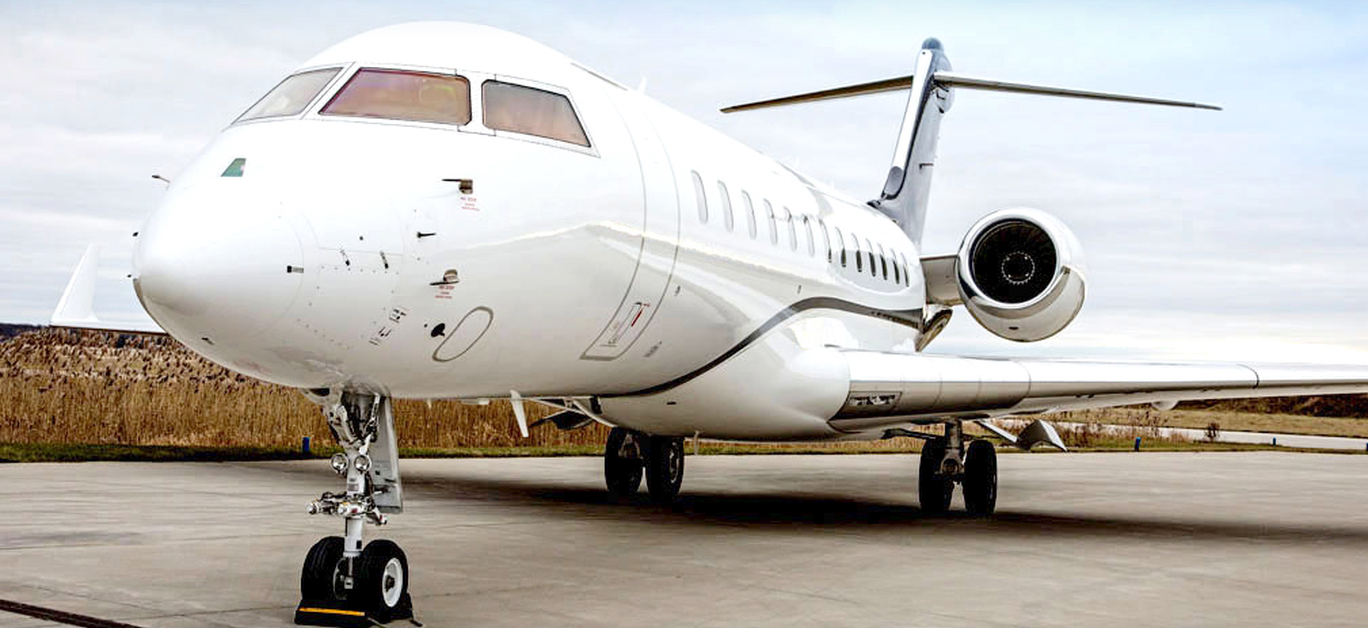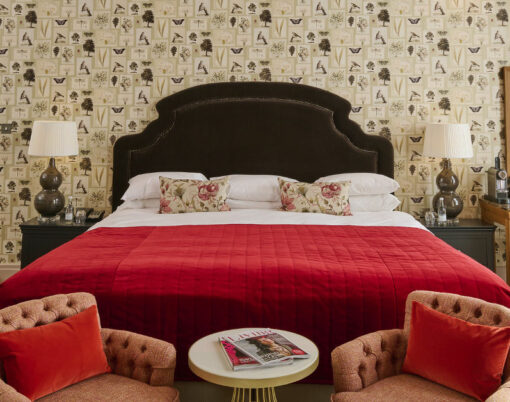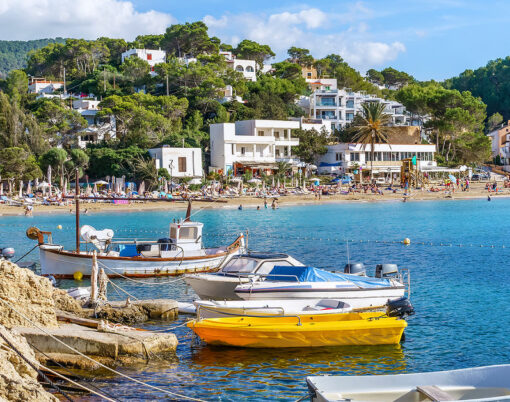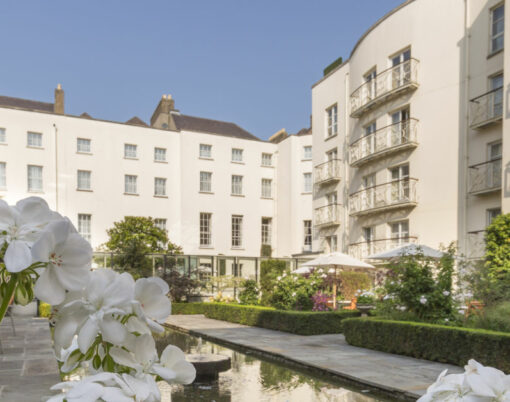With frequent international travel being fundamental in modern business for UHNWIs and Fortune 500 companies, more and more are investing in owning a private aircraft. Navigating jet ownership is a complex process in today’s environment and few people know the ins and outs of buying and selling jets better than Jahid Fazal-Karim, owner and chairman of the board at Jetcraft, a global leader in business aircraft sales, marketing and ownership strategies.
We sat down with Jahid to find out more.
What are the primary benefits of buying a private jet?
First, the consistency – by owning your own aircraft, you can enjoy the comfort and efficiency of a customized experience every time you fly. From cabin layout to onboard amenities, you know the ins and outs of the plane and can take full advantage of its features. As an owner, you can also choose to hire a consistent crew that you know and trust, and that know you and your preferences.
Then, personalisation—just like owning a home, owning an aircraft allows you to configure it exactly to your personal taste and needs. It also offers the ability to tailor the flight experience to meet the specific trip requirements.
Finally, you have complete control. The only way to be in full control of your private-flying experience is to acquire your own aircraft. Owners have the freedom to make changes or extensions to a trip at the last minute without having to ask if the charter company can accommodate. Ownership also provides you the autonomy over your aircraft maintenance and crew training, ensuring everything meets your level of specifications.

Should you purchase new or pre-owned?
Pre-owned in most other industries carries some negative connotations but that does not apply to private aviation. Many aircraft are meticulously looked after by their owners and, as high-quality refurbishment has become more accessible and cost-effective, even out-of-production aircraft can feel brand new. We’re seeing that previous buyers of new aircraft are now more willing to consider pre-owned.
Buying a new aircraft does bring a tremendous amount of choices into play. The interior – what it will look like, and selecting who will complete it for you, (as not only the manufacturers finish the interiors in today’s private jet market) are both important decisions. Not simply because you have to pay for and live with it, but because resale values will be directly linked to the decisions you make at this point. Some clients are fortunate not to have to worry about that hugely, but most do!
I’ve seen some – let’s just call them rather ‘individual’ choices of interiors – that have then stayed on the resale market for not just months, but even longer in some cases.
What about depreciation and running costs?
The average period of ownership is one decade, and typical depreciation in aircraft value drops about 10-15 percent in the first year with a further 10 percent each subsequent year. Our latest market forecast, the first of its kind to predict both the new and pre-owned business aviation markets, notes the average retirement age of a business aircraft is 32 years old based on historical calculations.
Operating costs will depend on the size of the aircraft and are divided into fixed and variable figures. Fixed costs, including parking, storage, pilots and maintenance, average $1-1.5 million, depending on the size of the aircraft. The variable costs, notably fuel, can reach $3000-6000 per hour.
Are they a sound investment?
Our clients – including business people, CEO’s and high net-worth individuals – are generally all after the same things; convenience, flexibility, privacy, comfort, security and efficiency. Buying an aircraft may provide this for those that determine that their demanding lifestyle/business needs it. In terms of investment, for the frequent flyer airborne for at least 150-200 hours a year, buying a jet can be a smart decision. If it’s the right plane and properly managed, it can make more sense than chartering or part ownership.

What is the best aircraft to buy? Rather:What are the most exciting aircraft?
We’re seeing a lot of demand for long-range aircraft. Jets like Gulfstream’s G500, recently certified G600, and just announced G700; Bombardier’s Global 6500 and 7500, and Dassault’s Falcon 8X are all performing well, as these aircraft types best fulfil our clients’ intercontinental travel needs.
With so many new large aircraft coming to market from the manufacturers, some buyers are choosing to sell after just one or two years of ownership to upgrade to an even newer model. We recently sold the first pre-owned Gulfstream G500, a model which only achieved certification in 2018.
What are the key trends you’re seeing?
One of the key trends we’re seeing is the tremendous growth in pre-owned aircraft over the past decade. Our recent Market Forecast was the first to assign an accurate value and scale to the pre-owned market, digging down into the new economic reality in business aviation. It reveals that pre-owned aircraft transactions will outpace new deliveries by 4 to 1 over the next five years representing a total value of $61bn. It also highlights that the pre-owned value proposition is growing, and buyers of a new smaller jet can now get a pre-owned midsize jet for an equal price or less, due to the increased accessibility and affordability of maintenance and refurbishment options.
The private aviation industry is made up of ultra-high-net-worth individuals and corporate clients. While the industry is benefiting from the rise in UHNWI buyers and the growth of family offices, there are challenges with corporate buyers in the near term. Fortune 500 companies have yet to return to historical aircraft purchase levels due to focusing on other financial priorities, such as share buybacks and paying down debt. They are, therefore, unlikely to jump back into purchasing aircraft for another few years.
On the other hand, UHNWI buyers have benefitted from the current economic situation. It’s predicted that, by 2022, over 3.6 million individuals worldwide will have a net worth in excess of $5 million. This wealth creation is spurring growth in family offices, and their roles are evolving. Family offices have expanded their portfolios to include concierge and lifestyle services, with specialist tasks such as buying or leasing private aircraft. Together, with chartering and fractional ownership programmes, this is facilitating access to private aviation at unprecedented levels.
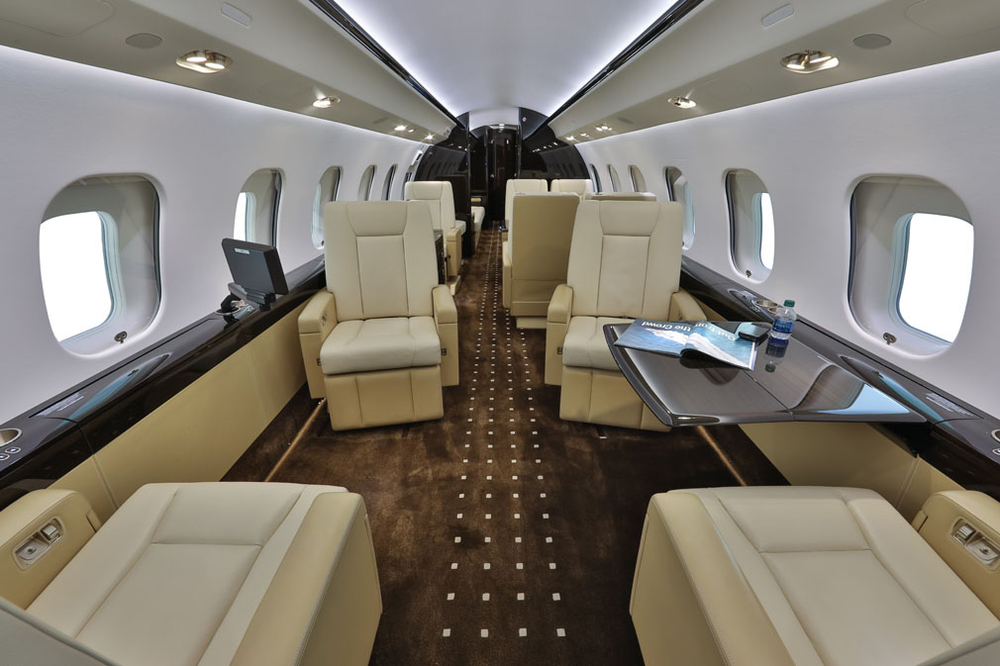
What can you tell us about the future of the private aviation industry?
Our Market Forecast predicts a new business cycle of steady, healthy growth, expanding revenue and an overall continued growth in private aviation. The growing interest in fractional, charter and block programmes is only adding to the overall accessibility of the industry.
Advances in technology, particularly cabin connectivity, are becoming an important factor that may present residual value challenges for pre-owned aircraft that aren’t upgraded to the most modern standards. We expect advances in technology to continue rapidly throughout the next ten years.
Finally, with the market now stable enough to predict aircraft values, we are seeing aircraft trades becoming more common again. Companies like Jetcraft, who have the financial resources to do so, are buying customers’ current aircraft to make the transition to a larger model more seamless. This type of trade-in transaction is proving to be very beneficial in today’s market and I expect we’ll see even more trades throughout 2019, 2020 and beyond.
About Jahid Fazal-Karim:
Jahid Fazal-Karim is the owner and chairman of the board at Jetcraft – world leader in private and business aircraft sales, marketing and ownership strategies.
Passionate about planes from an early age, as a child he was forced to flee from his home in Madagascar due to a civil war. He then went on to have a storied career in aviation which saw him ascend up through the ranks of Airbus and Bombardier and, most recently, purchasing Jetcraft and growing the company to be the leading buyer and seller of business aircraft worldwide. Since joining the company in 2008, Jahid has taken Jetcraft from a primarily US-based organisation to an expanding international corporation.
For more information, visit jetcraft.com.












